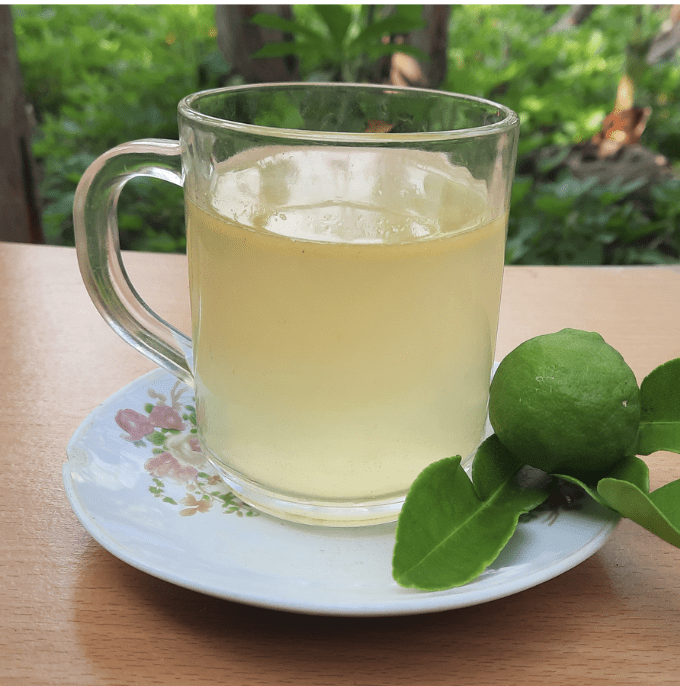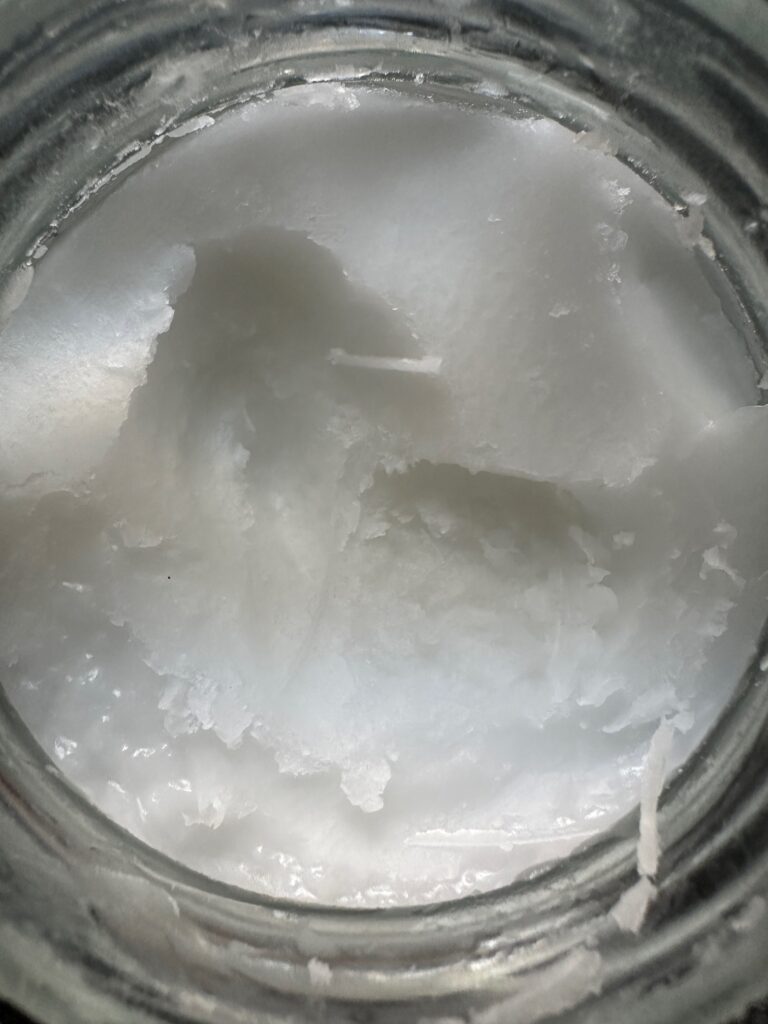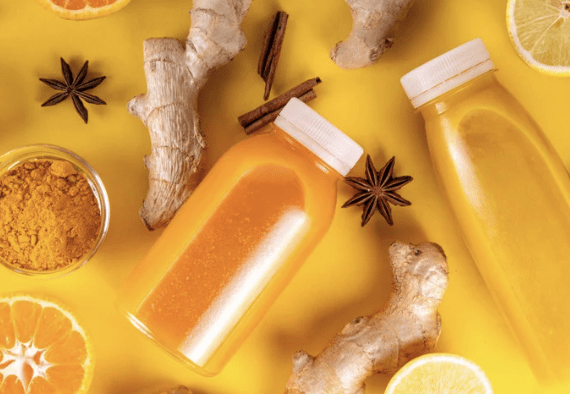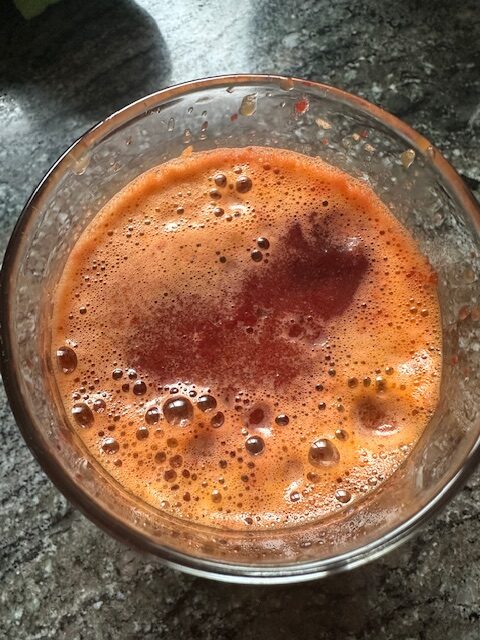Benefits of Chai Tea vs Green Tea: What are the Benefits of Each One?
Benefits of Chai Tea vs Green Tea
Alright, let’s talk about something I’ve argued over in coffee shops more than once: chai tea vs green tea. These are two of the most beloved types of teas out there. Both come with a long history, health perks, and fan bases that are not messing around.
I’ve been a green tea girl for years, especially into matcha lattes and those vibrant green tea leaves. But chai? That rich, spicy tea with all the aromatic spices like cinnamon bark, black pepper, and ginger root? Absolute magic. So today we’re diving into what makes each of them special. Not just for taste, but for your body too.
Get comfy. Grab your cup of chai tea or maybe some matcha powder, and let’s get into it.
This post contains affiliate links. I may earn a small commission, at no extra cost to you.

Benefits of Chai Tea vs Green Tea
We’re looking at taste, caffeine content, medicinal properties, and real-life stuff like how they affect your energy or digestion.
Here’s a comparison table for quick reference:
| Feature | Chai Tea | Green Tea |
|---|---|---|
| Origin | India (Traditional Masala Chai) | China and Japan |
| Base | Black tea leaves | Green tea leaves |
| Main Flavor Notes | Spicy, rich, sweet | Earthy, grassy, sometimes bitter |
| Caffeine (per 8 oz) | ~40–70 mg (depends on mix) | ~20–45 mg |
| Antioxidant Content | Moderate | High (powerful antioxidant) |
| Common Additions | Milk, blend of spices, sweetener | Lemon, honey, mint |
| Popular Forms | Chai latte, masala tea | Matcha tea, tea bag |
| Energy Boost | Balanced & warming | Clean & light |
| Digestive Support | Yes (ginger, pepper) | Yes (digestive enzymes) |
| Taste in Western Culture | Cozy & nostalgic | Fresh & minimal |
| Popularity in Coffee Shops | High (chai lattes) | High (matcha lattes) |
#1: Immune Support
Chai tea wins big here.
That combination of spices in chai? We’re talking antiviral properties, anti-inflammatory effects, and even antimicrobial properties. Cinnamon, ginger, and star anise are basically a cold remedy in a mug.
Green tea has immune perks too, mostly from bioactive compounds and antioxidant content, but chai just hits more fronts at once. If I feel a sore throat coming, I’m going for traditional chai without a doubt.

#2: Caffeine Needs
If you’re sensitive to caffeine, green tea is a great choice.
A cup of chai latte from a cafe can be surprisingly high in caffeine if it’s made from a strong black tea base. But the amount of caffeine varies a lot depending on your brew.

Matcha powder actually has more caffeine than regular green tea because you’re drinking the whole leaf. But it also has amino acids that create a smoother, longer-lasting buzz.
So if you want less caffeine but still need a nudge, go for green tea. Want something bold to replace coffee? Chai is your best friend.

#3: Antioxidant Power
Here’s where green tea really shines.
Loaded with beneficial compounds, green tea is known to fight free radicals and lower oxidative stress. There’s a recent study suggesting regular green tea drinkers may have reduced risk of cardiovascular disease.
Chai has antioxidants too, but not in the same league as green tea leaves or matcha tea.

#4: Digestion & Bloat
This is personal. When my stomach’s acting up, chai tea helps more.
Those spices aren’t just for flavor — they boost digestive enzymes, reduce gas, and keep things moving. Think of it like Ayurvedic medicine in a mug.
Green tea helps with digestion too, but it’s more subtle. It’s good for gut health, especially in matcha form, but not as immediate in my experience.
Want to learn more about nutrition and healthy snacks? Check out the 4-in-1 guide below!

#5: Blood Sugar Balance
Both teas show promise in lowering blood sugar levels.
Chai’s cinnamon content is key. A few studies connect cinnamon with improved insulin sensitivity.
Green tea, especially in large amounts, also supports better blood sugar management and might even help prevent type 2 diabetes.
I say drink both if that’s your goal. They’re good partners.
#6: Heart Health
Green tea is strongly associated with improved heart health.
It helps lower cholesterol levels, reduce the risk of heart disease, and maintain healthy blood pressure.
Chai tea offers benefits too, thanks to black tea and cinnamon, which can help lower blood pressure and improve circulation.

#7: Flavor & Enjoyment
This one’s all about personal preference.
Chai spices give it a comforting, rich flavor. The milk, the warmth, that almost dessert-like quality? It feels like a treat.
Green tea is more minimalist. Sometimes it has a bitter taste, especially if steeped too long, but matcha is next-level with its fine powder and smooth umami flavor.
If I want something cozy, it’s chai. If I want something crisp and clean, it’s green tea.

#8: Skin & Aging
Here’s a surprise. Both have positive effects on skin.
Green tea is packed with beneficial effects for skin due to antioxidants. I’ve even used matcha powder in DIY face masks.
Chai tea, with its warming spices, supports circulation which can bring more glow to your skin.

#9: Oral Health
Not often talked about, but worth mentioning.
Green tea has been shown to support oral health, helping reduce bad breath and bacteria.
Chai, while flavorful and comforting, often has sweeteners or milk that might affect this benefit if you’re not careful.
#10: Mental Clarity & Focus
Both are good, but I lean toward green tea for this.
That combo of less caffeine and amino acids in matcha gives a calm focus. No jitters, no crash. It’s great for long writing sessions or Zoom calls.
Chai tea, with its black tea leaves, can still boost cognitive function, but it’s a different vibe. More warming than sharpening.

FAQ: Benefits of Chai Tea vs Green Tea
Q: Which has more caffeine?
A: Matcha tea has more caffeine than regular green tea. Chai lattes vary, but usually have more than a basic green tea.
Q: Can both help with weight loss?
A: Yes. Green tea boosts metabolism, and chai reduces cravings thanks to its rich taste.
Q: Are they both from the same plant?
A: Technically yes. Green tea, black tea, oolong tea, and white tea all come from the camellia sinensis plant. It’s the tea type and process that makes them different.

Q: Are there any negative side effects?
A: Too much of either can cause issues, especially with high caffeine intake. Watch your limits if you’re drinking multiple cups of green tea or cups of black tea daily.

Outro: Benefits of Chai Tea vs Green Tea
So there you go — the full breakdown of the benefits of chai tea vs green tea.
They’re both part of my daily routine depending on what I need. More antioxidants? Green tea. A hug in a mug? Chai.
If you’re a tea enthusiast, experiment. Try different types of tea, explore your personal preference, and let your taste buds and body guide you.
This post showed you the benefits of chai tea vs green tea, you may also like:






